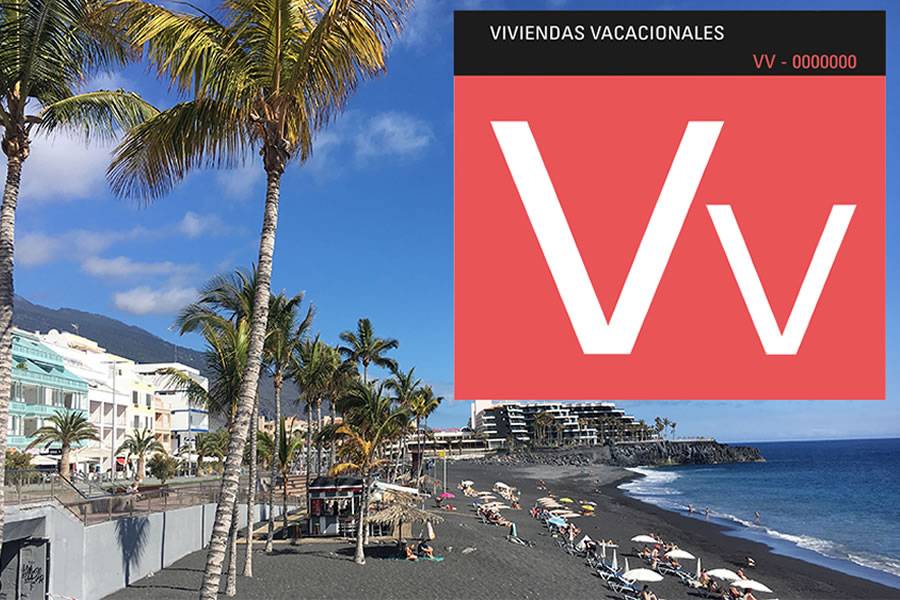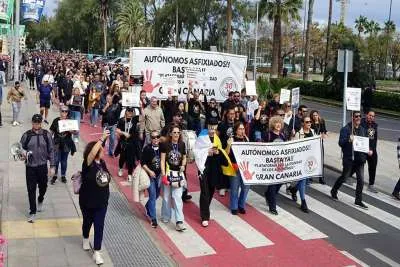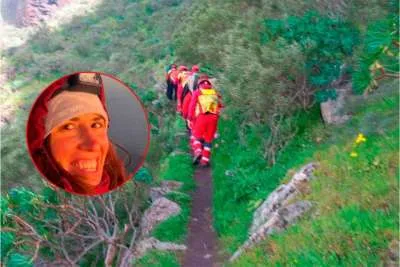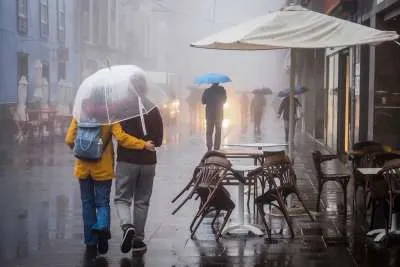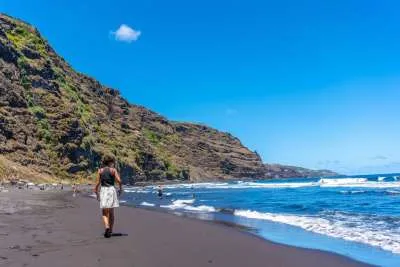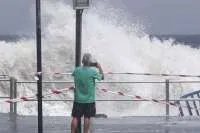Tenerife requests suspending VV licenses amid ‘avalanche’ of applications
- 05-09-2024
- Tenerife
- Canarian Weekly
The President of the Tenerife Cabildo, Rosa Dávila, has called for a moratorium on issuing new VV licenses following a flood of applications. This request, supported by the island councils of Gran Canaria, Lanzarote, and Fuerteventura, was submitted to the Canary Islands Government, and excluding the western islands of La Palma, La Gomera, and El Hierro.
In an interview on RNE in the Canary Islands, Dávila revealed that Tenerife alone has received over 5,000 applications since the announcement of a new law aimed at regulating holiday rental properties.
The surge is seen as a response to the impending legislation, which has prompted a wave of applications from property owners hoping to secure licences before the new restrictions come into force.
The island councils are concerned about the strain that holiday rentals are placing on local resources, including housing availability, water, energy, roads, and protected areas. Dávila emphasised the need to reassess the region’s tourism model, which, while successful over the past 50 years, is no longer aligned with the priorities of the local population, particularly regarding quality of life.
She highlighted that while tourism numbers and revenue are at record highs, this success comes at a cost. "The question is whether this success is sustainable. We are seeing residents unable to access rental housing and an overcrowding of protected areas," Dávila said.
In response to the proposed moratorium, the Canary Association of Vacation Rentals (Ascav) argued that holiday rentals are not the main cause of the housing shortage for residents.
Ascav President, Doris Borrego, criticized the government's announcement of the new law, stating that it caused a surge in VV licence applications as a precaution. Many of these properties are not currently being rented out but were registered in anticipation of the law’s changes.
Ascav had previously proposed a one-year moratorium to the Ministry of Tourism for the Canary Islands, suggesting that time be used to collaboratively develop regulations that reflect the real situation of holiday rentals.
The association also blamed the national housing law for reducing the supply of residential rentals, claiming that it has driven 40% of rental properties off the market, with some switching to short-term rentals, others being sold or taken off the market altogether, and some being left empty.
Additionally, Ascav pointed to a lack of planning to meet the housing needs of the growing workforce, especially in tourist-heavy areas, as a key issue in the housing shortage.
Other articles that may interest you...
Trending
Most Read Articles
Featured Videos
TributoFest: Michael Buble promo 14.02.2026
- 30-01-2026
TEAs 2025 Highlights
- 17-11-2025


